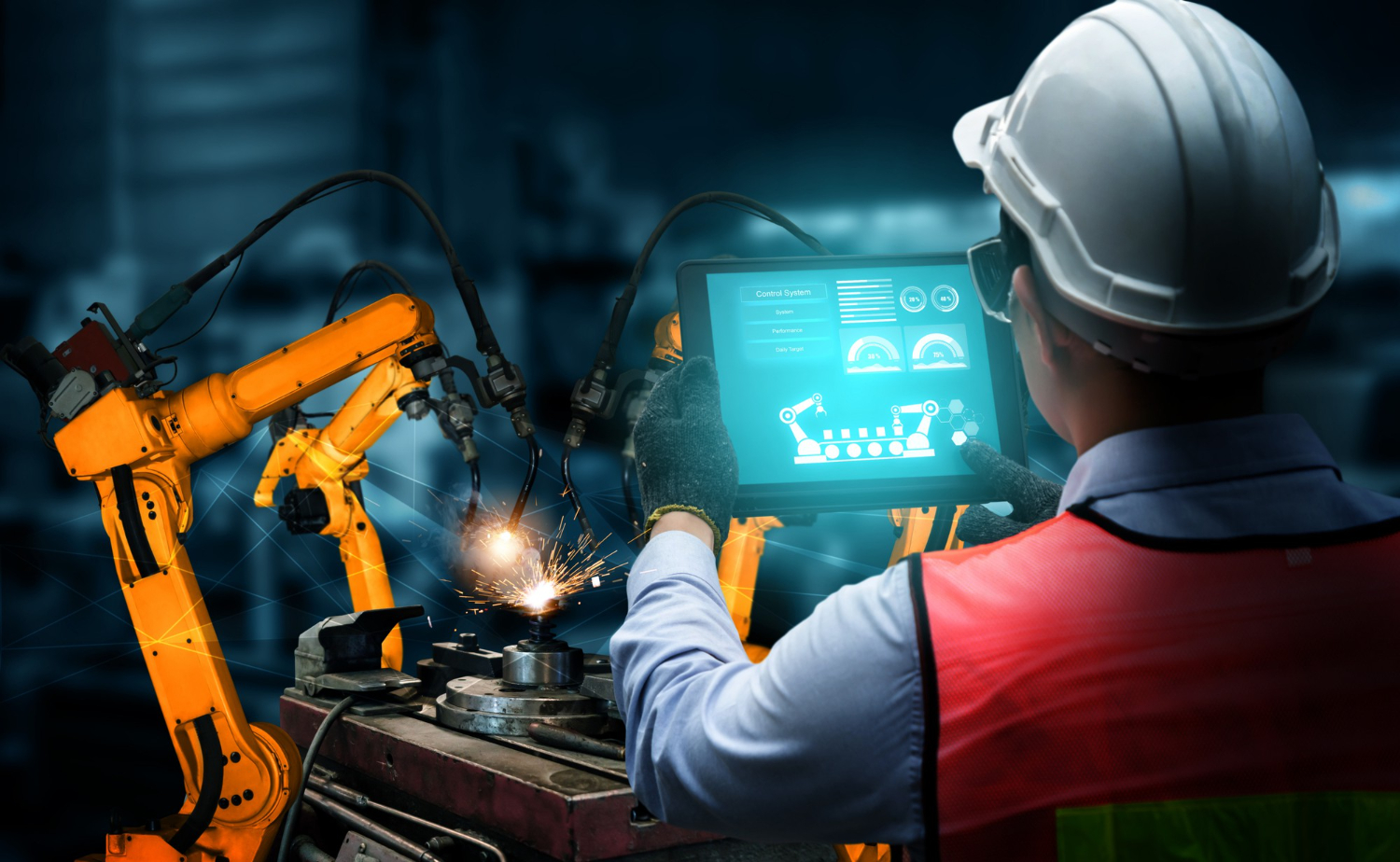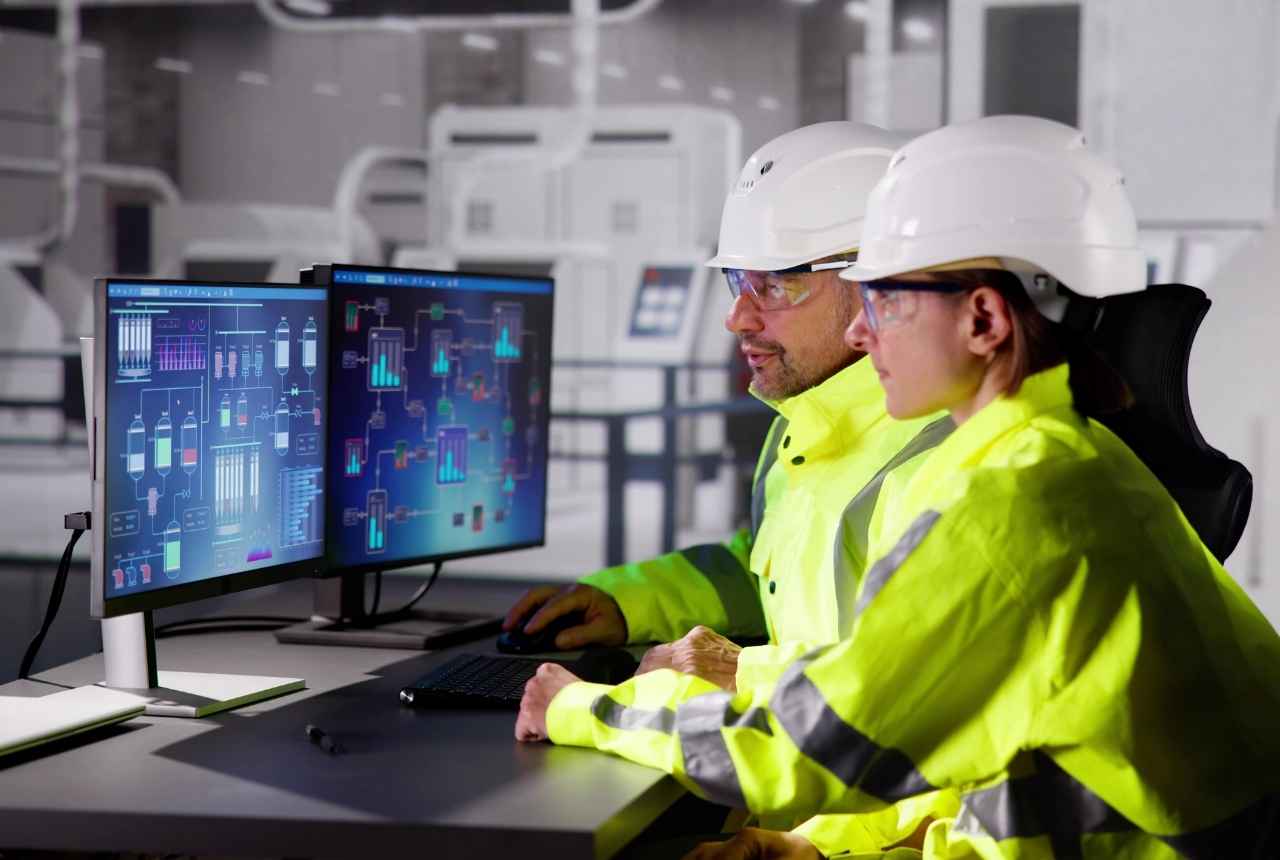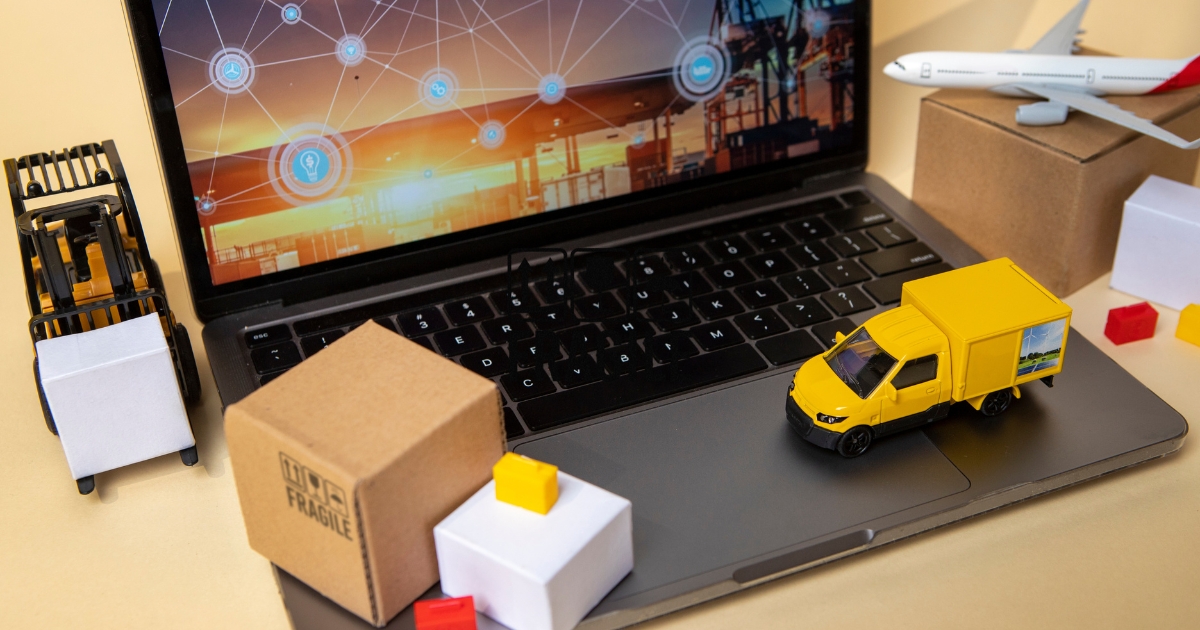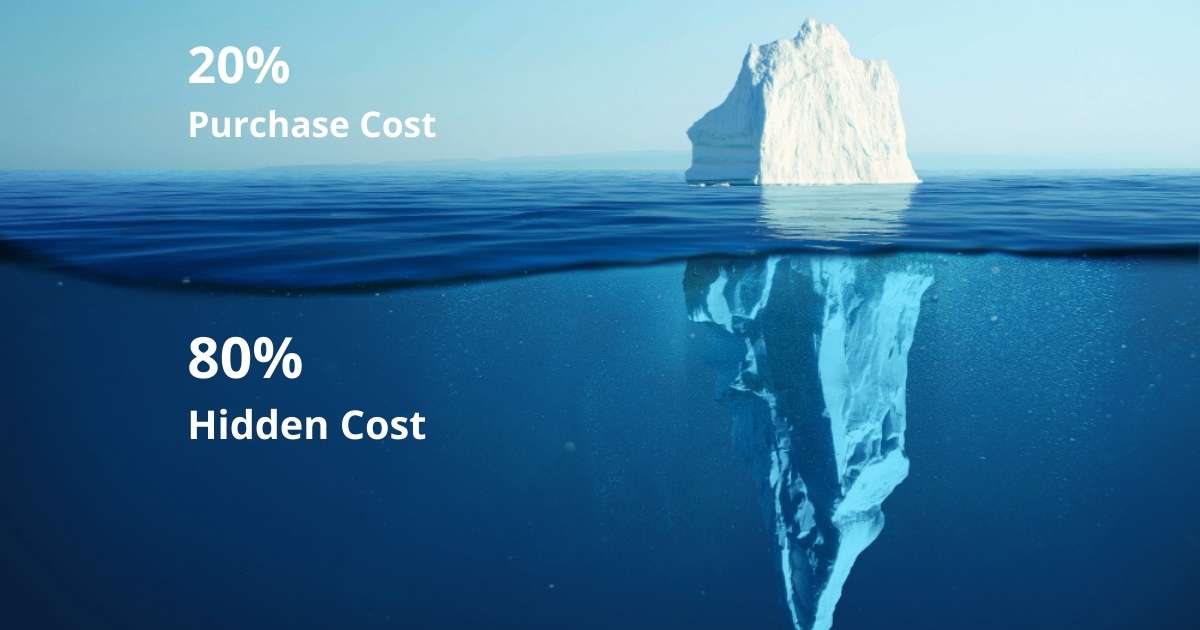Technology is moving at warp-speed. Yes, a lot is happening around. Impressive tech innovations like Augmented Reality (AR), virtual reality (VR), AI, etc. are driving digital transformation in the business landscape.
Augmented Reality (AR) technology takes the users into an immersive feel, as though they are immersed in a real-world location. Besides, it helps churn out intelligent recommendations that guide businesses on the path to profit.
AR/VR sales were expected to increase by 95% in 2018 reaching a staggering $17.8 billion. In fact, according to a recent study, commercial sectors are set to represent more than 60% of AR/VR spending in 2018 and is expected to grow by 85% worldwide in 2021.
The need for revamping traditional ERP systems:
Most traditional enterprise resource planning systems tend to be cumbersome and laborious. It is time to optimize and get these systems ready for the future. The problem is traditional ERP systems were never designed to handle this change. The volume and velocity of data that must be processed at lightning speed can be overwhelming for such systems. Besides, the demand for accurate, up-to-date information keeps on escalating. This is where augmented reality (AR) appears to help businesses simplify complex business processes.
How Augmented Reality Will Change the Way Traditional ERP Systems Work?
Today, many organizations are interested in exploiting the possibilities offered by AR technology. The most promising AR strength lies in changing the way traditional ERP systems work through:
Improving training
For an organization to get the best out of its ERP investment, it ought to invest in apt training. ERP software often requires a human instructor when it comes to training. Besides, you need to make the session interactive.
This is where augmented reality technology can play a key role. AR can help connect your employees to a remote instructor in real-time.
This would greatly reduce the time an organization would require to train its employees on a new ERP system. It would also eliminate the need for trainers to travel from one location to the other.
E-commerce and marketing
A business is all about its customers. To stay on top, you need to provide topnotch customer experience. A CRM software might do a good job in giving you insights into customer behaviors, preferences, tastes, etc. But, that’s not all. You need to find a better way of positioning your products to your prospective customers. Your customers need to experience your products before making the purchase. And, this is where AR technology will be of great help. It will help savvy sales and marketing teams create ads that would showcase digital images and data of their products to customers.
Why would AR be more effective in ecommerce? This is because mobile is already the next big thing in the world of online shopping thus, smartphones and other mobile devices offer plenty of potential for AR-enhanced shopping.
Improves order picking
One of the crucial roles of order picking is to ensure that consumers receive the right items in their correct quantities. This process, however, is time-consuming for most logistics companies. Why? Because scanning hundreds of barcodes to locate items and fulfill orders is not an easy task.
The good news is augmented reality is poised to change all that by replacing the system with a mobile computer vision that features AR. When your staff uses the software-equipped smart scanning devices featuring AR tech, you can easily identify and collect the correct items for delivery. This paves way for faster and accurate warehouse picking.
Improves inventory management in warehouses
Ensuring efficient inventorying is one of the most challenging aspects of warehouses. Besides, manual inventory management systems are too slow. And if applied in a large-scale enterprise running many processes, they are prone to errors. This is why companies may invest in dedicated barcode scanning devices.
These tools do improve inventorying and curb errors. But, they incur substantial hardware costs and also offer limited flexibility. Thanks to smart-device, AR-based barcode scanning devices, your organization can improve inventorying workflows.
Summing it up
AR takes us a step beyond virtual reality. Augmented reality adds digital imagery and data that supplements the real environment. As a result, it gives users more information about the traditional ERP environments. And, that means increased productivity and operational efficiency. Going ahead from here, several other industrial applications stand to witness significant transformation with the nexus of ERP and AR technology.
Sage Software Solutions (P) Ltd. takes great pride in offering efficient enterprise management solutions and easy integration to all the essential enterprise tools to give you a competitive edge whilst streamlining your processes. To know more about how you can enhance your business processes, contact us here. You can also drop us a mail at sales@sagesoftware.co.in for a free demo or consultation.





